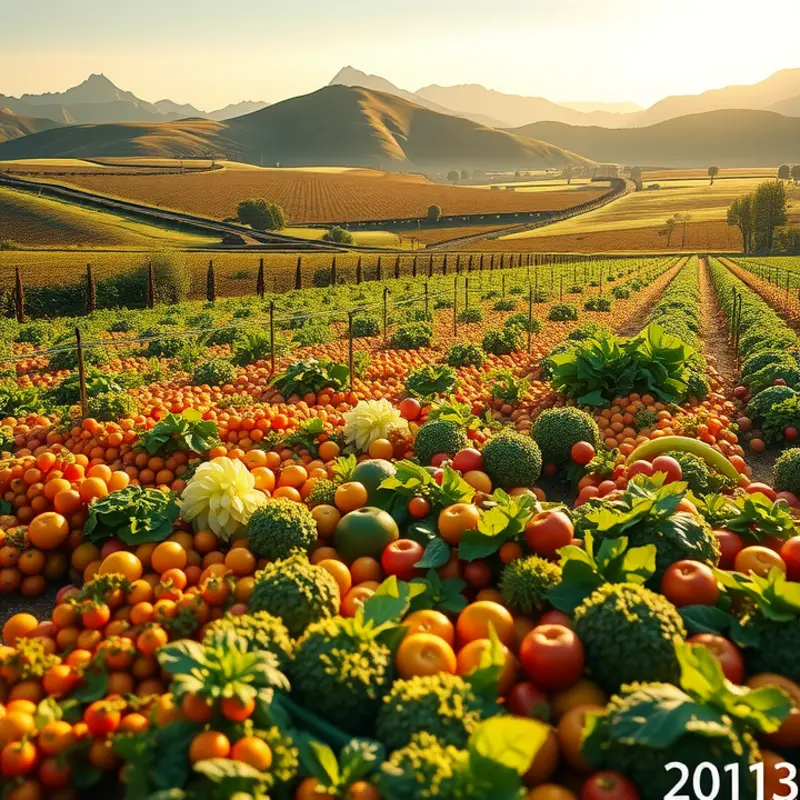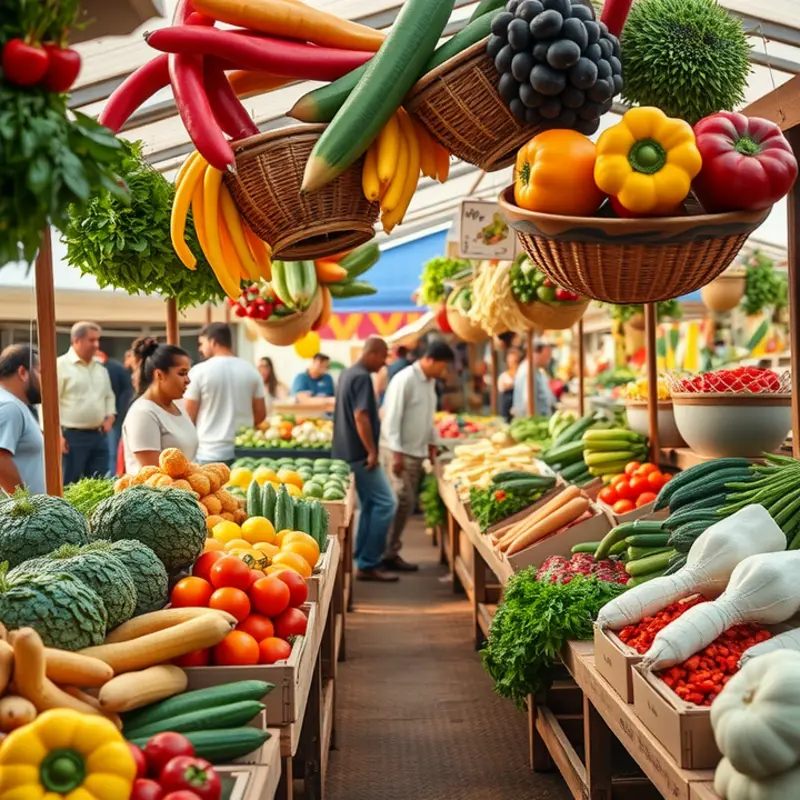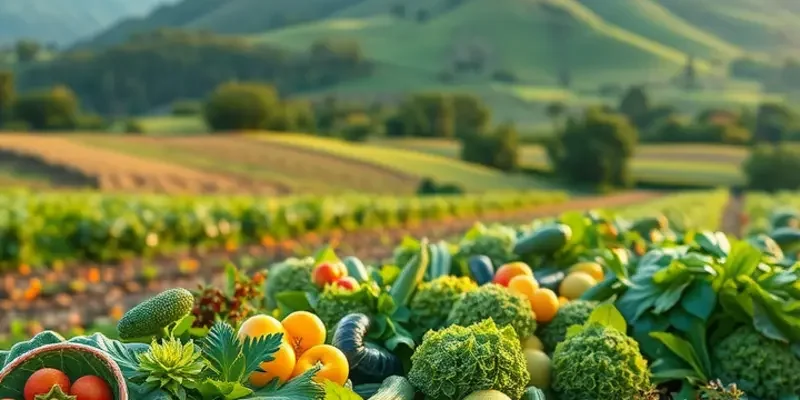Making eco-friendly food choices is essential for fostering a healthier planet. By prioritizing sustainability, individuals can contribute to reducing waste and supporting local ecosystems. This guide offers an actionable shopping list and insightful tips to help environmentally-conscious consumers make sustainable food selections that align with their values. With small, thoughtful choices, anyone can significantly impact the health of our planet while enjoying nutritious and delicious food.
Crafting Your Eco-Friendly Shopping List

Creating an eco-friendly shopping list is an empowering step towards sustainability. Begin by focusing on whole, plant-based ingredients. These foods generally have a lower environmental footprint compared to animal products, as their production requires fewer resources and results in less pollution. Consider including a variety of fruits, vegetables, grains, legumes, nuts, and seeds.
Prioritizing seasonal produce is a simple yet powerful choice. Seasonal fruits and vegetables often travel shorter distances to reach your store, reducing their carbon footprint. Additionally, they tend to be fresher and more nutrient-rich. Get familiar with what’s in season in your area. This not only supports local farmers but also helps you enjoy the freshest flavors.
Local produce should also be a top consideration. By purchasing locally, you contribute to minimizing transportation emissions while supporting your regional economy. Local farmers’ markets or community-supported agriculture (CSA) programs can be great resources for finding these products.
When it’s available, choose organic. Organic farming methods typically reduce the need for synthetic pesticides and fertilizers, which can harm ecosystems and biodiversity. However, it’s important to balance organic choices with other sustainability factors, as organic goods might sometimes require more land or water.
Embrace shopping for bulk items to lessen packaging waste. Look for stores with bulk sections that allow you to fill your own containers with grains, nuts, and seeds. This practice not only cuts down on plastic waste but often offers cost savings. When bulk buying isn’t an option, seek products with minimal or compostable packaging.
Switching to renewable or more sustainable alternatives for common staples can create significant environmental benefits. For example, consider plant-based milk instead of dairy, or explore grains like quinoa or millet instead of water-thirsty rice. Each small change accumulates to a substantial positive impact.
If you’re looking to dive deeper into eco-friendly storage practices to enhance sustainability in your kitchen, check out this guide on eco-smart kitchen storage.
By carefully selecting the items on your shopping list and being mindful of their source and packaging, you steer your household towards more sustainable eating habits. This approach not only benefits the planet but often enhances your health with a nutritious, whole-foods-based diet.
Smart Shopping Strategies for Eco-Conscious Consumers

When you decide to shop with sustainability in mind, a well-planned approach can greatly enhance your efforts. Start by crafting a shopping list that prioritizes eco-friendly items. This list is your tool to avoid impulse purchases, which often lead to unnecessary consumption and waste. Focusing on sustainable options supports better environmental practices.
Visiting local farmer’s markets can significantly reduce food miles. Produce from these markets is typically grown nearby, cutting down on transportation emissions. Besides, supporting local farmers helps strengthen community agriculture, creating a healthier ecosystem and local economy.
Bringing your own reusable bags is a simple yet impactful step to reduce plastic waste. Many stores offer incentives for using cloth or mesh bags, which are sturdier and more sustainable than single-use plastics. This small adjustment in your shopping habits helps reduce the staggering amount of plastic that ends up in our oceans and landfills each year.
When available, make use of bulk bins and refill stations. Buying in bulk not only minimizes packaging waste but often offers savings as well. You can choose the exact quantity you need, reducing the likelihood of food spoilage. Refill stations for items like oils, grains, and cleaning supplies are becoming increasingly popular and are a testament to shifting consumer preferences towards sustainability.
While browsing the aisles, pay attention to brands that prioritize sustainable practices. Research companies committed to reducing their carbon footprint, supporting fair-trade initiatives, and using eco-friendly packaging. Choosing these brands can drive industry change by increasing the demand for more sustainable products.
Eco-conscious shopping doesn’t just end at the point of purchase. Consider how you store food at home to extend its freshness and reduce waste. An organized fridge and pantry can prevent you from buying duplicates or letting food go bad. For more tips on minimizing kitchen waste, you can explore strategies like eco-smart kitchen storage here.
Implementing these strategies requires a shift in shopping habits, but the impact on the environment and your community is substantial. By making informed choices, you can enjoy a more sustainable lifestyle without sacrificing convenience or quality.
Final words
Embracing an eco-friendly food shopping list empowers individuals to make informed choices that benefit both personal health and the environment. By supporting local farmers, opting for organic and seasonal produce, and minimizing waste through sensible packaging choices, consumers can significantly lower their ecological footprint. Remember, every small change contributes to a larger impact. The journey towards sustainable living is one step at a time; every eco-friendly choice you make at the store adds up to a healthier world for future generations. Let’s continue to champion sustainability in our food systems and be part of the solution.








